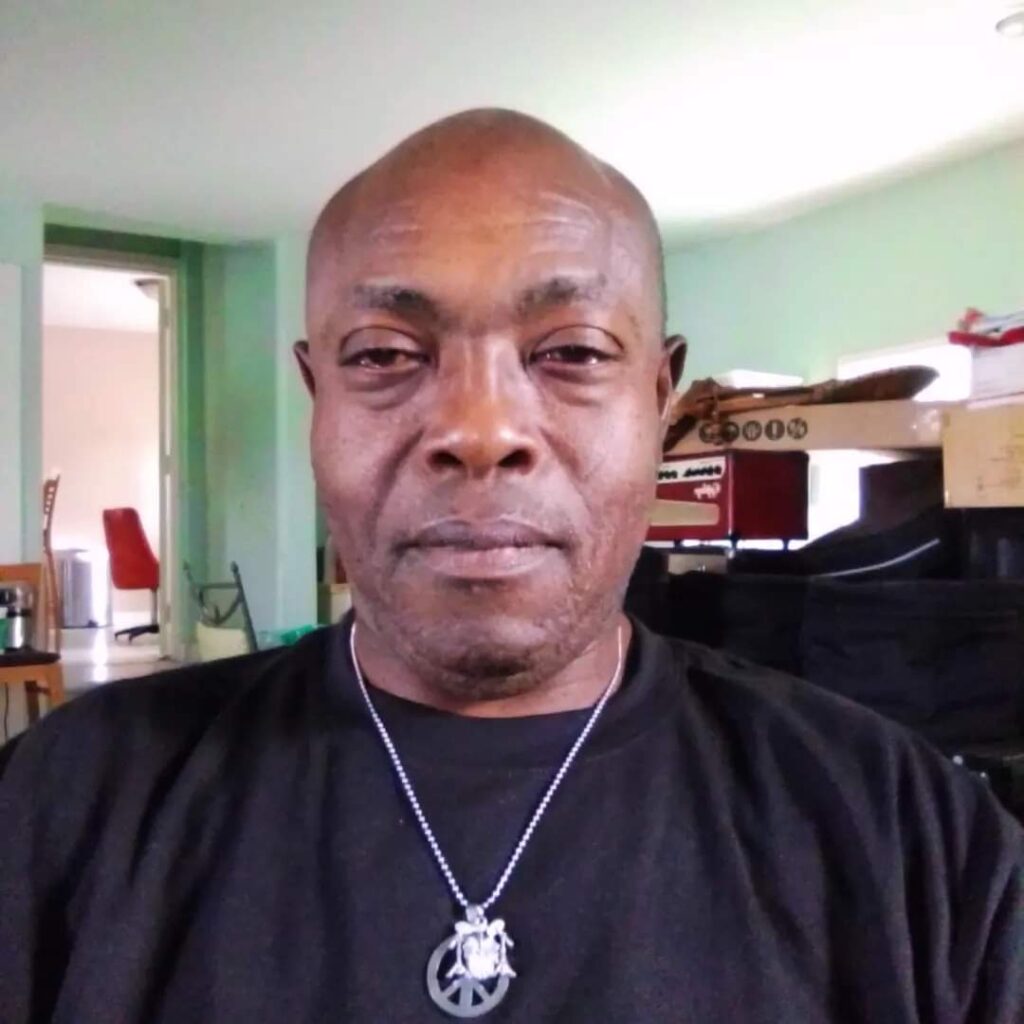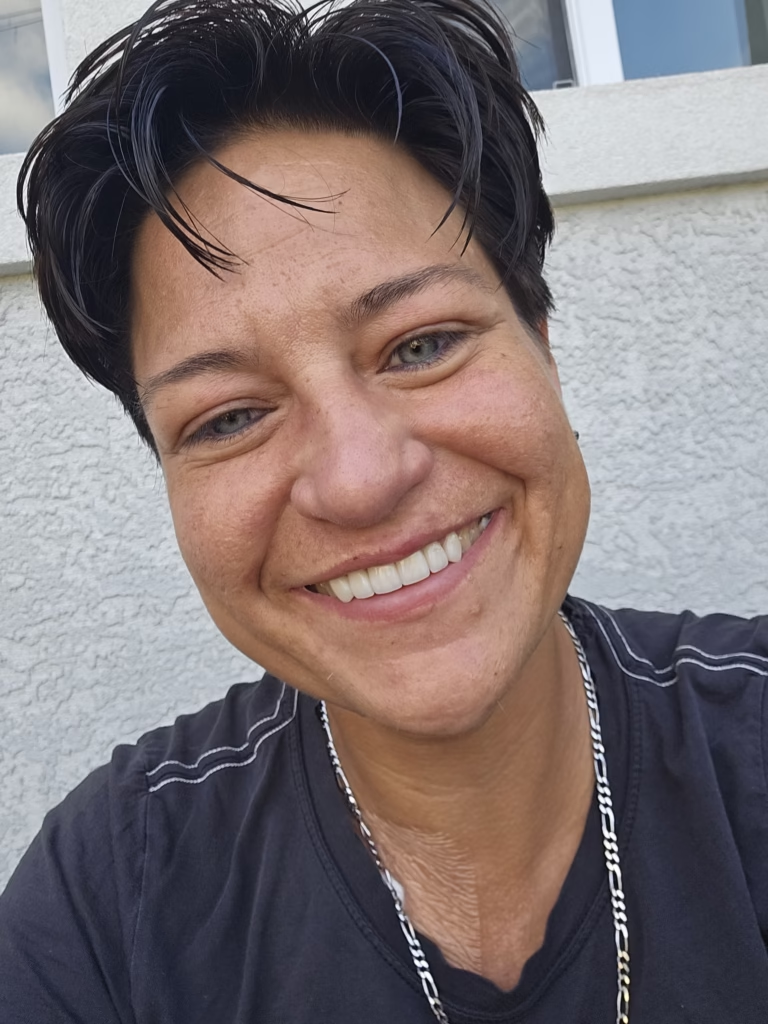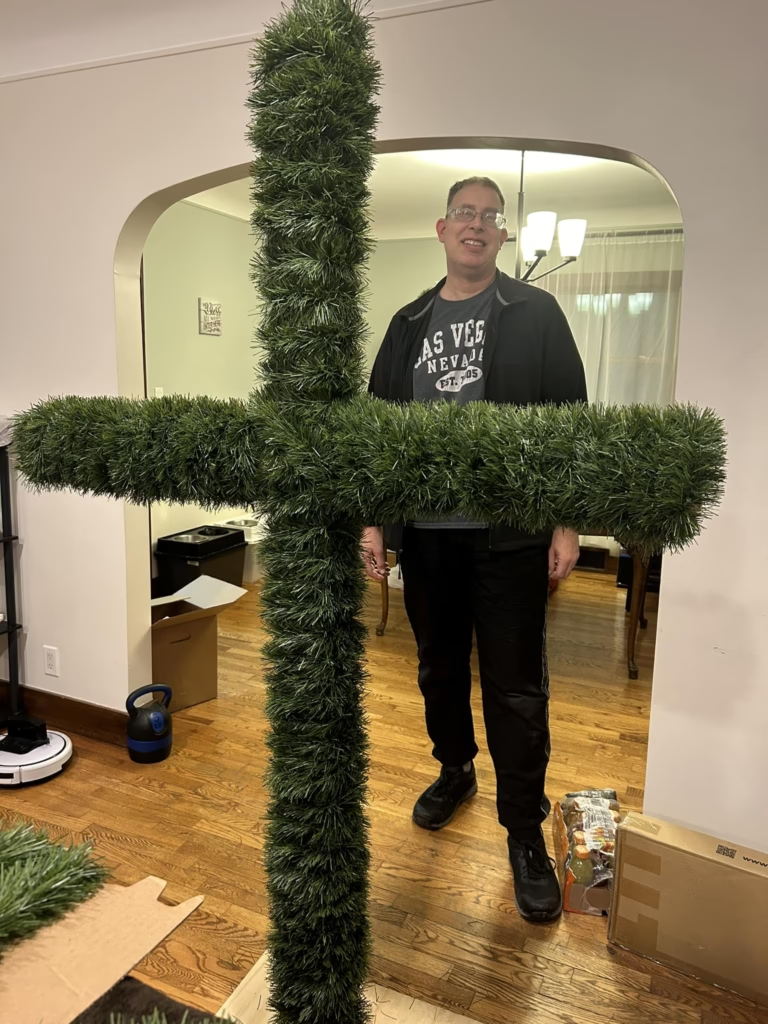
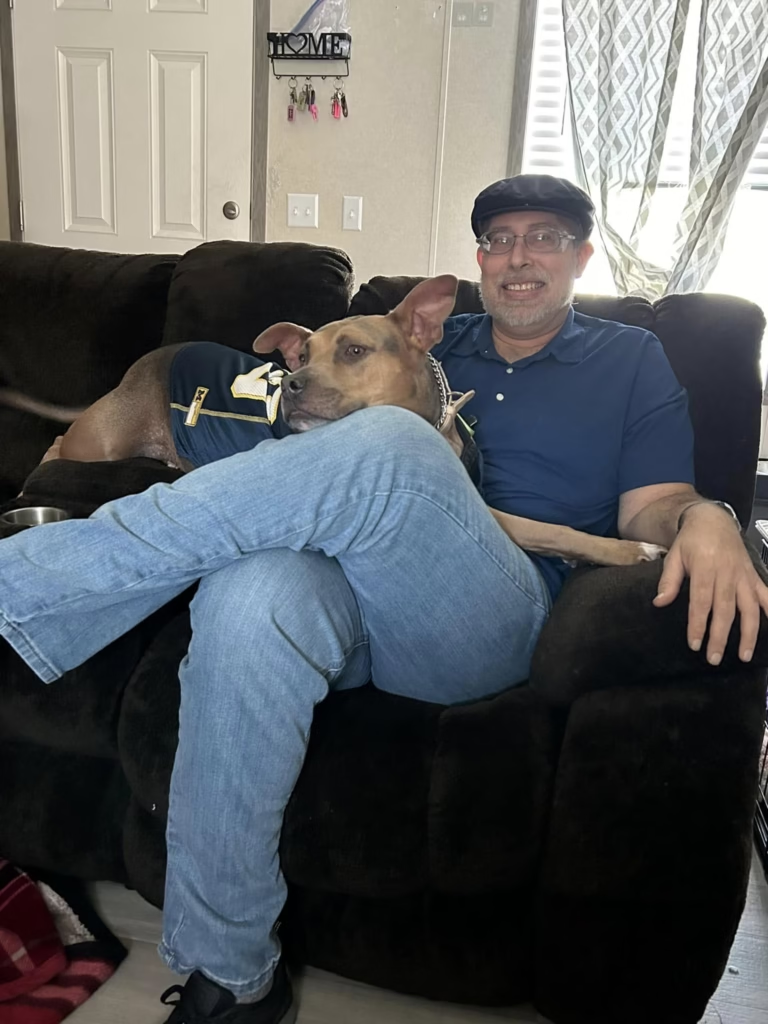
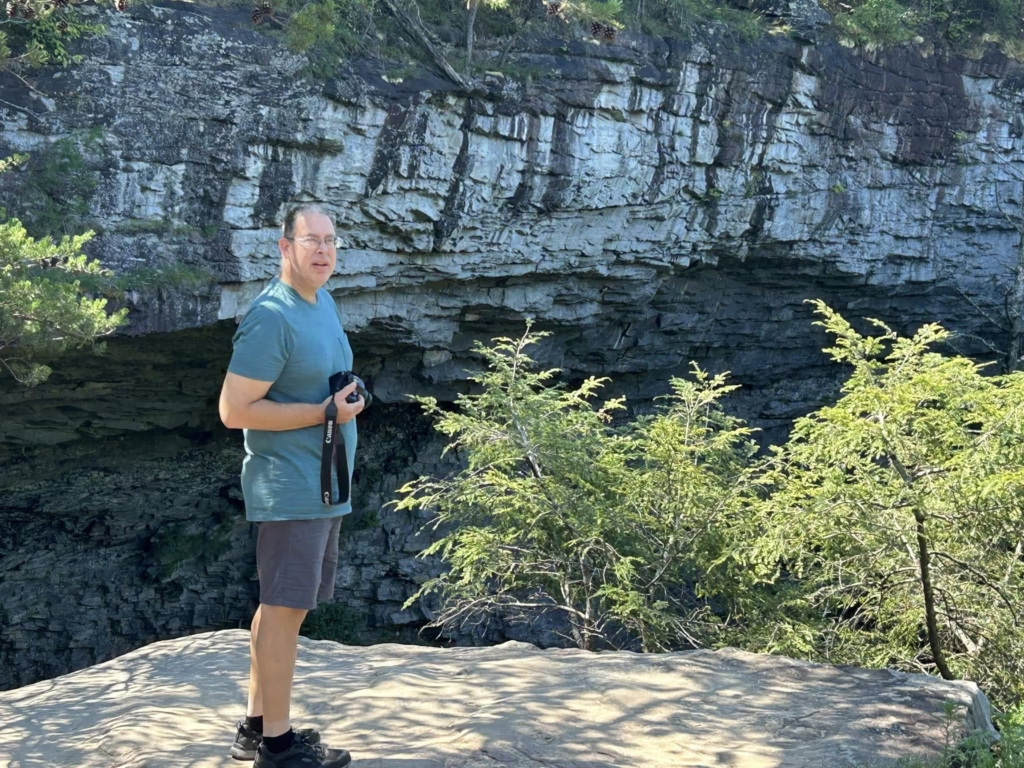
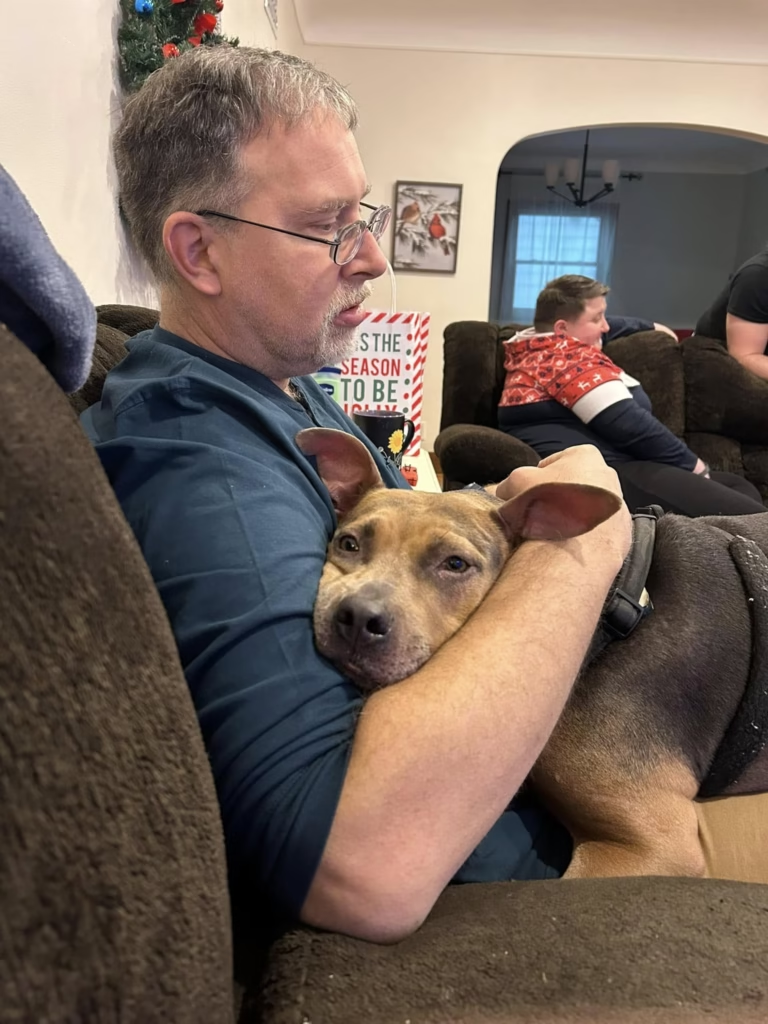
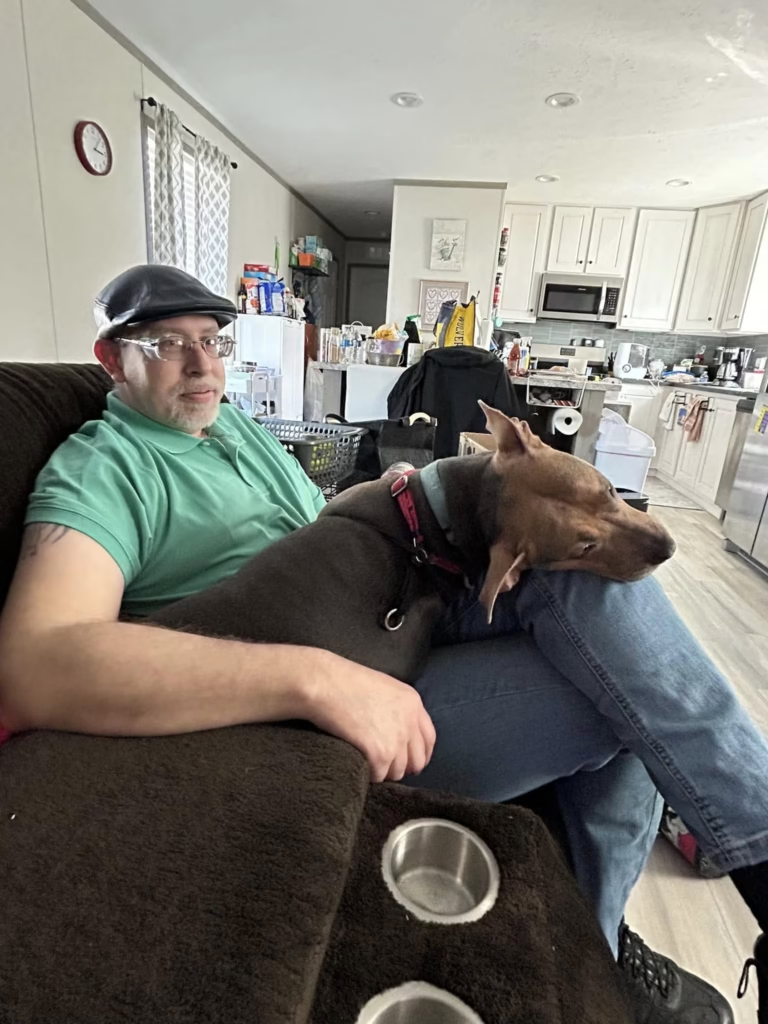
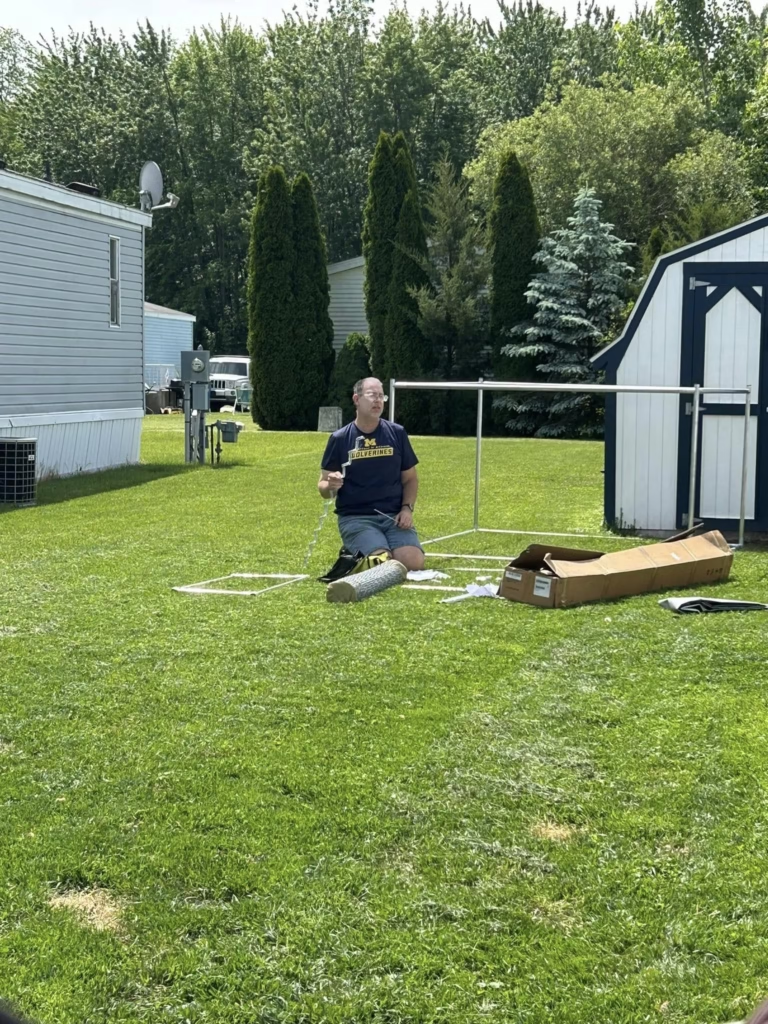
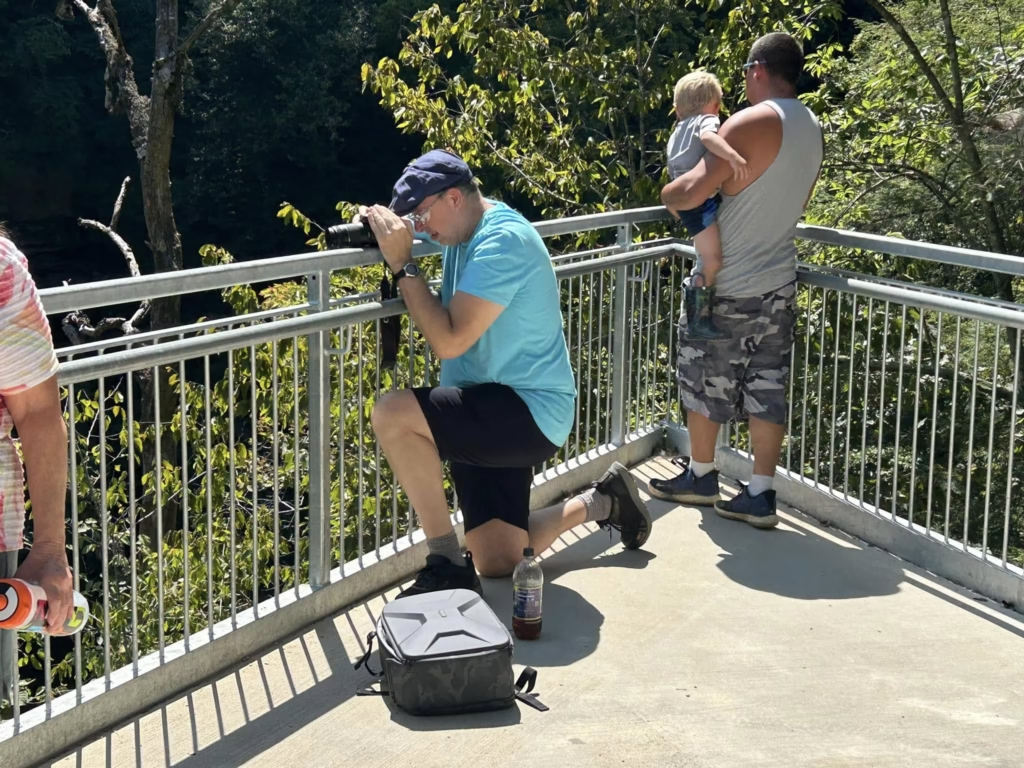
My name is Aaron. I am 50 years old. I reside in Carrollton MI,which is in Saginaw County. I work at Nexteer Automotive as a production worker. I also got married on Oct.27,2024 and my wife has been a huge support for me.
Some of you may know that I have stage 4 kidney disease. This journey started in 2023, my kidneys have gotten worse since requiring me to start dialysis. I was diagnosed with IgA Nephropathy and have been on many different medications to help with this. My mom, wife and I met with the dialysis nurses and owner today and decided to start the process until a kidney is found.
Dialysis(hemodialysis) is a life-sustaining application where the body’s failing kidneys are replaced, using similar principles to remove metabolic wastes and excess fluid from the blood.
Dialysis treatments are just to help me stay alive and assist the kidneys with filtering out the blood and giving me energy.
Getting a transplant would offer me more freedom,ability to live longer, healthier, have a normal life and enjoy my marriage. A transplant would also allow me to do fun things, such as bowling, photography, golf, spending time with family, friends, and church.
However I have a hard time asking anyone for anything and it may be due to my personality. I am an INFJ and tend to keep to myself and feel guilty for asking for help. However, I am asking for a kidney. I have A negative blood. My wife was a perfect match, however was denied because her GFR is normal but not good for Henry Ford.
To register to become Aarons donor, please go to henryfordlivingdonor.org
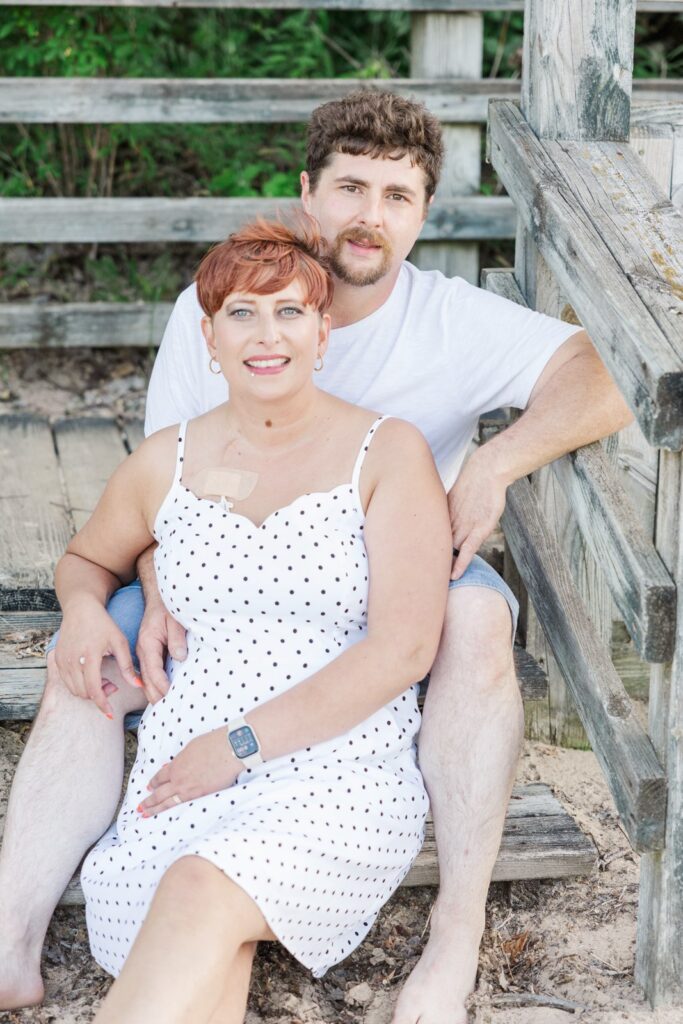

Fighting an Invisible Enemy
By Angela Kline
October 27, 2024
Bay City, MI (AK) – On the outside, this vibrant young lady seems full of life, but on the inside, Sarah Jane is fighting for her life.
A closer look at the picture will reveal a bandage covering her catheter, which is inserted straight into her artery on the upper right side of her chest. These dangling tubes are the only visible evidence of her struggles with Polycystic Kidney Disease (PKD).
At a very young age, Sarah Jane discovered that she had inherited Polycystic Kidney Disease, a rare genetic disorder that results in the growth of large cysts inside of the kidneys. Receiving a kidney donation is the only known way for Sarah to be free of this disease. Despite receiving the devastating diagnosis at the age of 13, she was told that her body would not suffer the negative effects of PKD until she was well into her sixties.
Sarah stated, “I was aware of my future condition, though there was nothing I could do to prepare for the inevitable. I loved life to the fullest, expecting to have many years before my fate was revealed.”
In 2009, Sarah fell in love with Nicholas Meyer, and they were married on October 20, 2018. Sarah and Nick considered having children, but due to her family’s history of passing on this horrific disease, as well as the medical complications that would result, they made the heartbreaking decision not to bring a child into this situation. Apart from that choice, Sarah said the two were leading a normal, fulfilling life as any young couple would.
That all changed one devastating afternoon. At the age of 36, Sarah received the devastating news that her kidney function had severely deteriorated and that she would have to start dialysis right away in order to rid her blood of the toxins. Sarah woefully described the start of her downward spiral, saying, “Everything happened so quickly. In order to receive peritoneal dialysis, I had to have the first surgery, which involved three incisions made in my lower stomach for the tube to be inserted. This allowed me to perform at home treatments to cleanse the toxins from my body. But that failed. It became an emergency situation that they had to implant the catheter into my neck so that I could begin hemodialysis.”
Working for a local nonprofit agency, Sarah spent over 12 years advocating for individuals with disabilities, mental illness, and traumatic brain injuries. The realization that she was unable to carry out her responsibilities and was released from her position as programming supervisor was emotionally taxing for her. After spending her entire life helping others, Sarah had to accept the fact that she was the one with the “disability” and that she needed other people to keep her not only financially stable but also alive, relying on dialysis technicians and a machine.
Sarah expressed how the small things had been taken for granted, as the port in her neck goes straight into her artery, she cannot get it wet due to the possibility of an infection. “Not being able to swim, take a bath, or have brunch with my husband; to others seems so insignificant, but these are just a few of the physical drawbacks that used to be so normal, but now I long for.” On the days that she undergoes dialysis treatments her body is too drained to do anything but sleep. Literally, her body is drained of blood, the toxins are filtered out and her blood is pumped back into her body.
As Sarah looked off into the distance and said, “Unfortunately, one of the most difficult things I have had to deal with is the mental anguish. Yes, my body is exhausted, and I am constantly ill due to a weakened immune system, but the mental fatigue causes others to believe I am insane. One day, I went to the hospital because I was in excruciating pain. Upon noticing that I had been prescribed anti-anxiety medication in my records, the attending physician said I was experiencing a panic attack, gave me an anti-anxiety medication, and sent me home. I ended up back at the hospital and admitted, as the pain that I had been enduring was due to cysts rupturing.”
After losing her career, suffering mental strain, and enduring endless pain and fatigue, Sarah was thrilled to share that she has been recently selected to be represented by a benevolent organization, “Kidneys for Kids,” a charitable nonprofit organization that promotes the survival of those in need of a kidney transplant.
